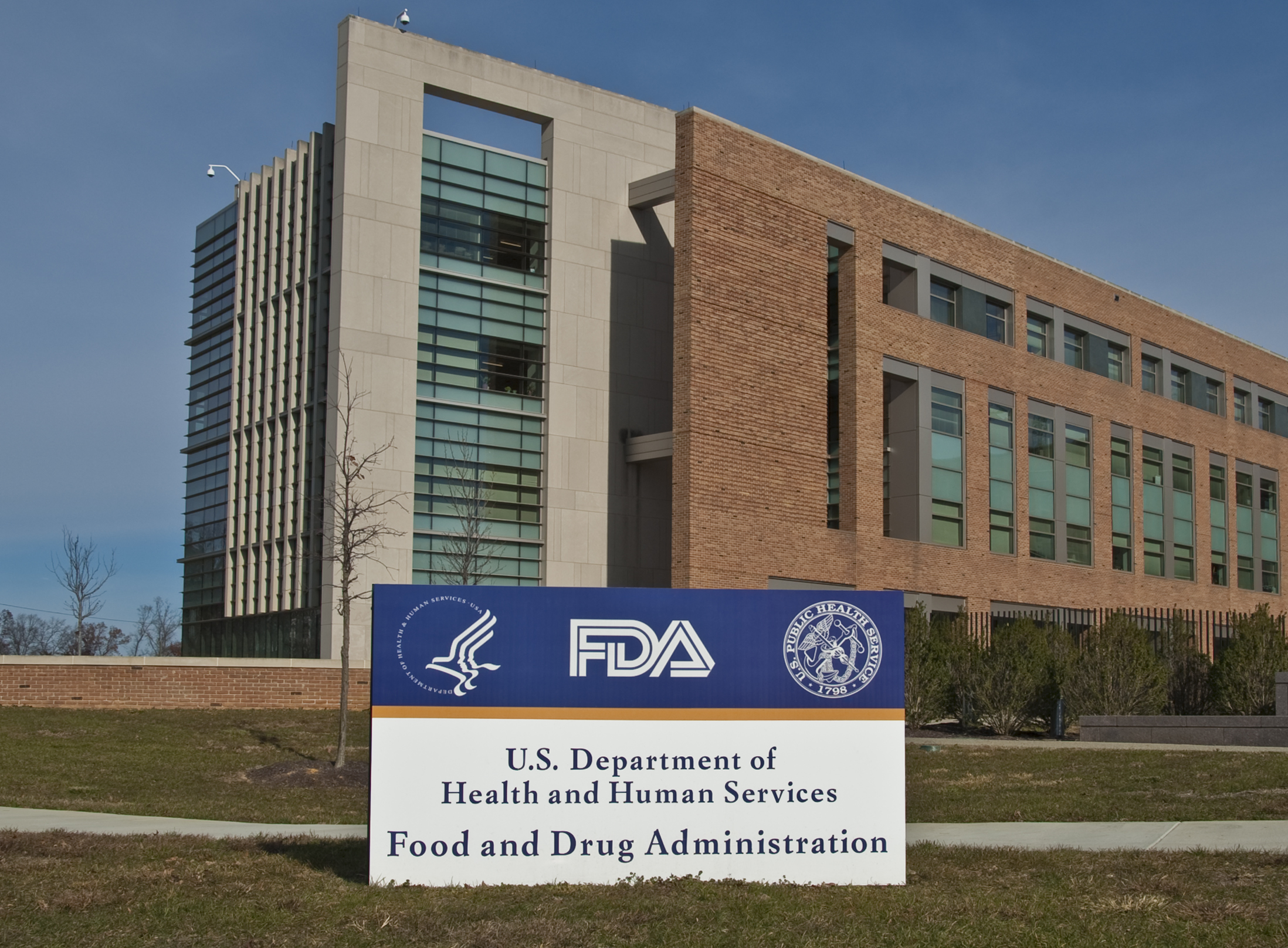Embattled Mylan files Herceptin biosimilar in US

Mylan may be facing multiple investigations by US authorities, but the Pennsylvania-based firm has carried on regardless with the US filing of a Herceptin biosimilar.
Developed in partnership with India's Biocon, Mylan filed the version of Roche's blockbuster breast cancer drug using an abbreviated route which requires it to prove its biosimilar is almost identical to the original.
This is believed to be the first Herceptin biosimilar filed in the US, where the monoclonal antibody drug generated sales of almost 2.4 billion Swiss francs ($2.44 billion) in 2015.
Herceptin went off patent in the US two years ago, but until now no-one has tried to demonstrate their product is close enough to the original for approval in the same uses.
The filing includes a package of analytical similarity, non-clinical and clinical data. The clinical data consists of two pharmacokinetic studies and the HERITAGE confirmatory efficacy and safety trial.
Mylan and Biocon filed the drug in Europe in August, adding that it has already been approved in 11 other markets. Pfizer is due to launch the first monoclonal antibody biosimilar in the US later this month - a near copy of Johnson & Johnson's Remicade (infliximab).
But the announcement came against a backdrop of growing problems with US authorities for Mylan.
US senators have called for the country’s antitrust watchdog to investigate whether the Mylan broke the law by preventing schools from buying rival allergy medicines.
Mylan is already under fire for the pricing of its EpiPen (epinephrine) allergic reaction injections. But now the Senate Judiciary Committee has asked the Federal Trade Commission to probe whether Mylan broke the law with a programme to supply the injectors to schools.
The request from the committee’s Republican chair Chuck Grassley and Democrat member Patrick Leahy, both re-elected this week, follows news reports that Mylan engaged in exclusive contracts with schools preventing them from purchasing rivals to EpiPen.
In a letter to FTC chair Edith Ramirez, the senators said they shared “a strong belief that potential anti-competitive actions by drug industry participants must be aggressively investigated because of their impact on competition and drug costs.”
The committee has already scheduled a hearing later this month exploring a reported settlement between the Justice Department and Mylan, after it emerged the drugmaker had misclassified EpiPen under the Medicaid Drug Rebate programme, allowing it to pay lower rebates.
The senators are also calling on Mylan to repay money to the US Department of Defense, saying it overcharged for military sales of EpiPens.











